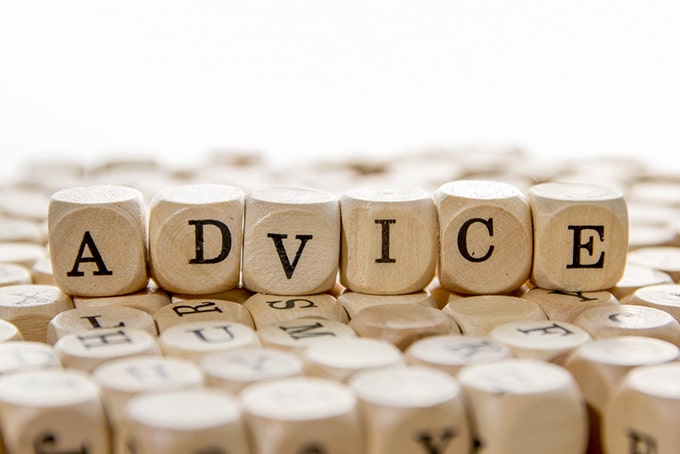Study advice from teachers and students
March 29, 2022
We’ve all been there, realizing you have a test the next day having done nothing to prepare. Maybe it’s that the material is not making sense, or you’re just not clicking with the teacher, or maybe it’s just that you haven’t bothered to pay attention. Regardless, in situations such as these, it is important to recognize your own learning weaknesses and strengths. Trying out other study methods can help to find what works for you. And developing these study methods now can become a healthy habit throughout college and the rest of your life.
Compiled below is realistic studying advice from Madison students and staff to give you what you need to succeed.
Advice from people your age, who can understand the distractions and difficulties of studying, can be some of the most helpful because it’s realistic, especially when it’s coming from others at your school. So here’s some advice from Madison students, to you.
“When you’re studying, whisper what you’re learning to yourself,” Ashley Ventura (’23) said. “Saying the information out loud always helps me to remember it.”
Speaking something aloud to yourself is a great way to remember it later on, rather than just reading it. A study from the University of Waterloo found that speaking text aloud helps to get words into long-term memory. Called the “production effect,” the study determined that speaking and hearing oneself say the information out loud has the most beneficial impact on memory.
“Make study guides in your own words,” Lori Collins (’24) said. “It always helps me a ton and has drastically improved my academic performance on tests.”
This studying strategy helps you to not only memorize, but really absorb and learn the material. Simply re-reading over information is not efficient in remembering information. Rewriting it in your own words forces you to understand the material in order to essentially re-explain it.
“I listen to loud and intense music while studying, it helps me to concentrate because it stresses me out and makes me focus,” Henry Dixon (’24) said.
When asking students for their studying tips and tricks, multiple students reported listening to a certain type of music to help them concentrate.
“I listen to mario and other video game soundtracks while I’m studying,” Chloe Talbot (’24) said.
Advice from teachers may not be as current, but teachers do have more experience. They have already endured high school and higher forms of education, so they will have a greater understanding of the importance of developing individual study methods. Teachers also observe the study methods of many different students over the course of their career, so their advice can range.
Now, check out some advice from the teachers of Madison.
“Color coding can be helpful in lots of ways,” math teacher, Molly Jepsen, said. “Use it to identify when terms are alike and can be combined. Use it to help you substitute/replace. Use it to highlight places where you commonly make mistakes. For example, when solving equations, if you take an even root, there are two solutions that come from that (a positive and a negative). Throughout my own personal work and notes that I show my students, I always highlight that in blue so I don’t forget.”
Organization of your notes, especially in math, can visually help to digest information. Using different colored pens and highlighters can make all the difference. Have some fun with it!
“I think for a lot of High School and College students, setting a specific time each day that you are going to study and complete homework assignments is ideal,” Strategies for Success teacher, Taylor Batram, said. “For example, everyday from 4-5:30 that way you build a routine for completing and reviewing materials.”
For students, establishing a routine is one of the most efficient ways to avoid procrastination. It organizes your time in a way that allows you to still have the much needed freetime, while also setting aside time to do work.
“Take notes in class, practice the pronunciation in class and at home by repeating the words. To make sure your spelling is under control, practice on Quizlet using ‘Write’ and ‘Spell,’” French teacher, Claire Odoux, said. “If Quizlet doesn’t work for you, try index cards (one side in French, the translation on the other side. Listening to music or watching your favorite movies in the language (with subtitles) is a great way to develop your comprehension and your communication skills. Let go of perfection! You are expected to try to experiment with the language, not to communicate as a fluent speaker. Be patient with your progress, just make sure that you participate, and take it as a game.”
Quizlet allows students to use flashcards to quiz themselves on information, practice writing the terms, hearing a term said aloud and then spelling it, play games such as match and gravity, and even simulate a test on the information. With all these spelling/writing practices, this tool is especially useful for language teachers.



